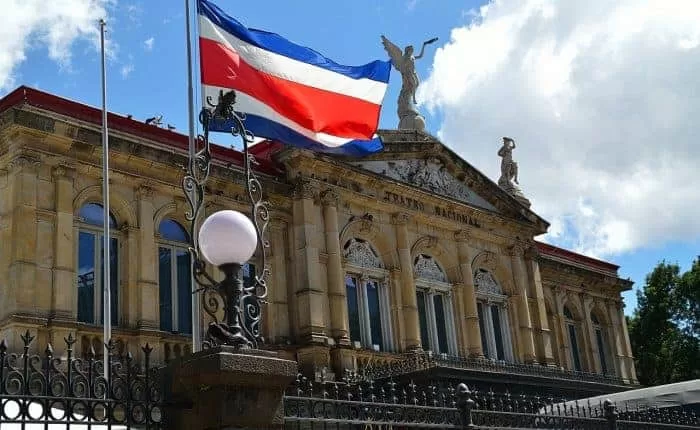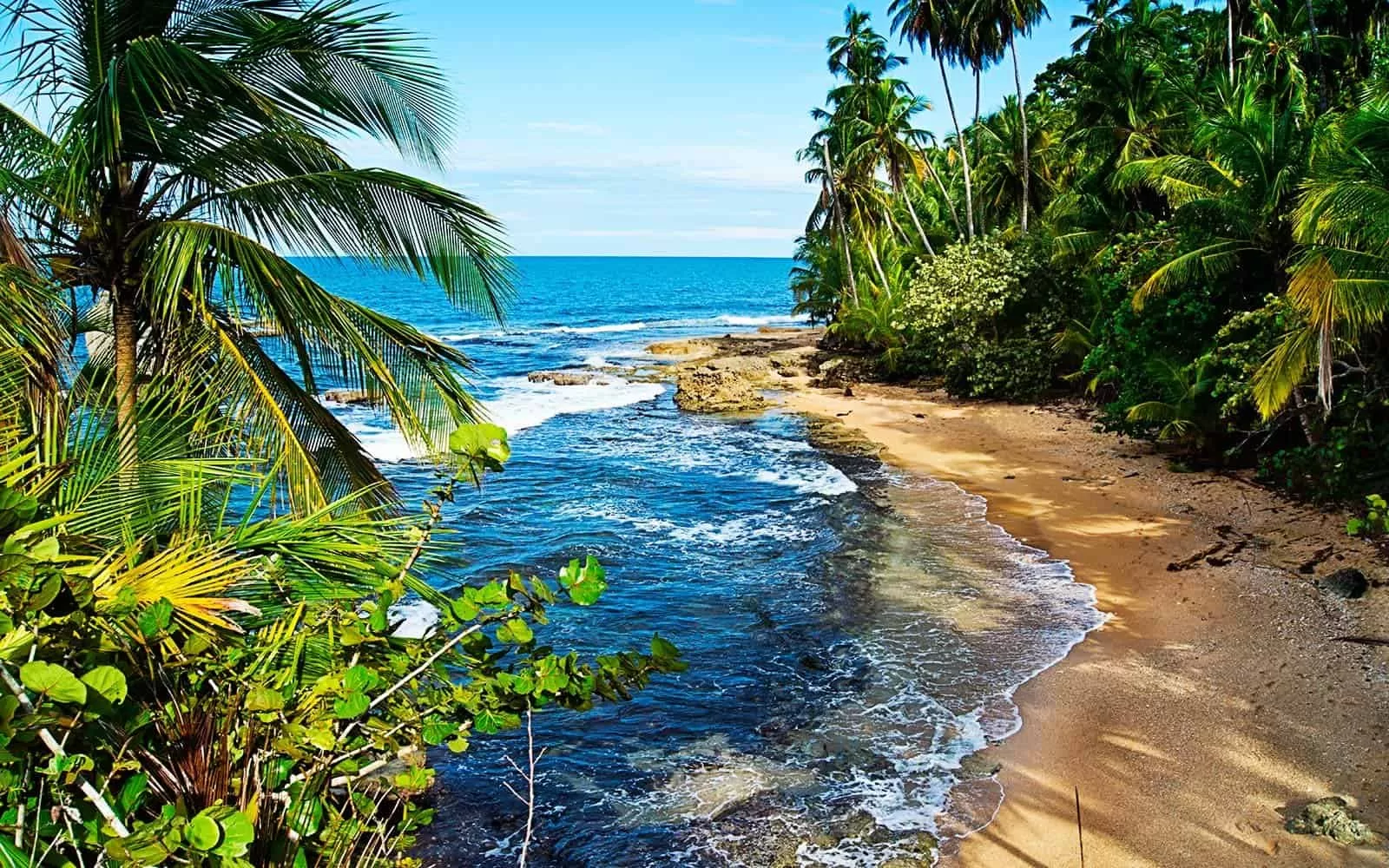There are four types of business structures in Costa Rica that we will examine.The most typical of these four types of businesses is the Corporation, or the Sociedad Anonima. In Costa Rica, the initials “S.A.” follow the name of a corporation, the way we might refer to something as “Inc.” in United States.
To form a Sociedad Anonima, or corporation, in Costa Rica, you must first fill out and submit a document to the Mercantile Registry (Registro Mercantil).
Submitting your form will start the process of creating and registering your company. You will also receive a corporate identification number, called the cedula juridica. Once your company has officially opened, you will have to register with the Public Registry in order to receive operational permits and any import or export permits needed.
There are four variations of businesses in Costa Rica:
- Corporation
- General Partnership
- Limited Partnership
- Limited Liability Partnership
Corporations are an excellent way to limit your liabilities in Costa Rica. In fact, there are many people who own several corporations of just this reason—one for every property or vehicle they own. Corporations can also help to separate business transactions from your personal finances. The cost of registering your own corporation will most likely cost $400 or more.
If you’re the kind of person who hates to wait, you have the option of purchasing a pre-registered corporation and skipping the headache of the registration process. While the cost is about the same, you will not be able to choose your corporation’s name, so think before you try to take this short cut.
Steps to Register Your New Corporation
To register your new corporation, you must complete these steps:
- Submit a notarized request for an identification number to the Mercantile Registry. The articles of incorporation documents must be signed by at least two people.
- The notary who drafted your request and the Public Registry must verify that the corporation name of your choosing is not already in use by another registered company.
- If personal property or real estate are contributed and registered as part of the company’s capital stock, the notary must draft a detailed study for the Public Registry.
- Submit a written announcement to be published in Costa Rica’s legal newspaper, La Gaceta, detailing your company’s formation. This announcement must be visible for at least 8 days, and can be written by the notary or the corporation applicant himself.
- Pay all due registry rights and revenue stamps at a Banco de Costa Rica branch office. This step may be completed by the notary or the applicant.
Once all the steps have been completed, all the required paperwork must be submitted to the Mercantile Registry. This includes paid receipts for registry rights and/or revenue stamps, public documents, and a notarized document with the required newspaper coupon, proving your corporation announcement was published in La Gaceta for the required 8 days.
Articles of Incorporation
The information below must be included in your Articles of Incorporation:
- Date and place of incorporation.
- The kind of corporation
- Your company’s mission statement.
- Location and residence of the corporation.
- Name, residence, nationality, and marital status of the shareholders.
- A list of the directors’ names on The Board of Directors. It is required that there be at least three members on the Board of Directors – normally a president, treasurer, and secretary.
- Corporation duration . The duration of the corporation begins on the day it was formed and may extend 99 to 100 years from that date.
- Capital stock amount. Capital stock amount can be in dollars or colones is required to be for a nominative amount. Usually, stock is priced for 1,000 CRC – for example, 10 shares worth 100 CRC each. All shares are indivisible.
- How the capital stock is divided amongst shareholders.
- Allocation of profits and losses
- Enumeration of powers
- Liquidation procedures for the corporation.
- If the corporation is domiciled outside of Costa Rica, a registered agent must be named. This person is responsible for receiving the service of process.
Tax Deadlines
The fiscal year for your company will vary depending upon your request to the Internal Revenue Service of Costa Rica. Commonly, the reporting period starts on September 30th and finishes on November 30th. The fiscal year ends on September 30th. All inventory and balances are due the day before the end of the period, according to Costa Rican law. On that day, all losses must be observed in accordance with each partner’s share, and all dividends must be paid. Any income earned in foreign countries will not be taxed. Consumer taxes, sales taxes, and other taxes can be paid on a monthly or trimonthly basis. This must be arranged with the Internal Revenue Service of Costa Rica.
Required Savings Fund
In accordance with the Commercial Code of Costa Rica, 5% of the corporation’s profits from each fiscal year will be put towards the creation of a legal reserve fund. This will end when the legal reserve fund’s total equals 20% of the original value of your stock, which was stated on your articles of incorporation.
Board of Directors
According to law in Costa Rica, a corporation must have Board of Directors, consisting of at least 3 people, to manage the company. The Board of Directors usually consists of a President, Secretary, and Treasurer; though the members may bear any titles they choose. The president has the authority to act in the name of the company and holds unlimited power of attorney to access the company’s bank accounts. The power of attorney can also be granted to other board members upon request.
The corporation must also appoint a trustee to server the same term as the Board of Directors. The Trustee oversees the supervision of the corporation and the actions of the Board of Directors. The Trustee is not allowed to be a relative of any of the partners of the corporation or the Board of Directors.
While the Trustee and the Board of Directors are nominated for the company’s duration, the board members may hold elections for new members at the board of director’s request. Current board members can be nominated for a second term, and partners of the corporation may be made members of the corporation as well.
Each board member must submit personal information to the board, such as their name, occupation, nationality, residence, civil status, and passport number or cedula.
The company is required to keep Corporate Books, which include three kinds of record logs: Stock Registry log, Board of Director Meetings, and Shareholder meetings. Inventory and Balances, Daily and Monthly Transactions, Stock Holder Registrations, and a Daily transaction book must also be recorded for the company.
Internal Auditor
According to the Costa Rican Commercial Code, all corporations are required to appoint a Fiscal, an internal auditor. The Fiscal may be one of the Board of Director’s but it is not required that he or she belong to the board. The Fiscal’s main purpose is to oversee and safeguard the shareholders’ investment.
Dissolution
In the event of dissolution, the causes of the dissolution must be one of those stated in the Commerce Code of Costa Rica. In this case, a Stockholder Meeting will be held and, together with the Quorum of law, the dissolution will be authorized and power will be delegated to a liquidator.








